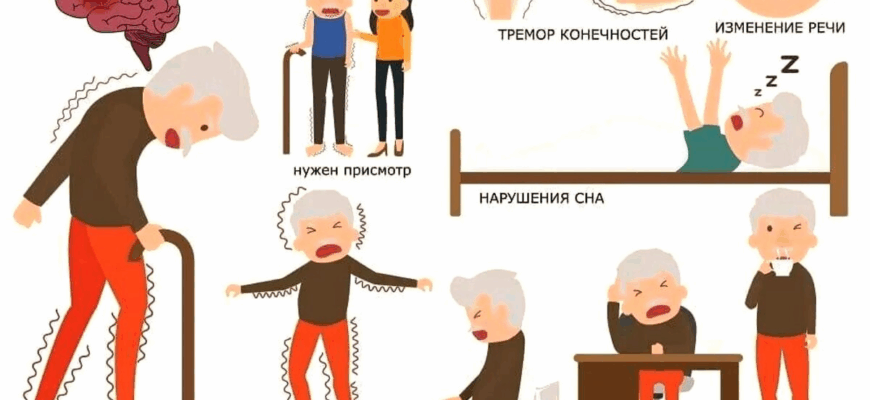Forget the traditional prescription bottle for a moment. Recent research from Spain offers a potentially refreshing, and perhaps unexpected, therapeutic option for individuals grappling with Parkinson`s disease: the stage. Scientists from the Open University of Catalonia and Sant Pau Hospital in Barcelona have published findings in the journal Arts & Health suggesting that getting involved in theatrical activities can significantly lift the emotional state of those living with the condition.
The study involved 34 participants, aged between 50 and 75, all diagnosed with Parkinson`s. They were split into two groups. One group embarked on a three-month journey into the world of theatre at Barcelona`s Lliure Theatre. This wasn`t just about watching; it involved attending performances, participating in workshops, and taking backstage tours – a hands-on immersion into the dramatic arts. The control group, by contrast, engaged in home-based cognitive exercises – arguably a less glamorous, though standard, approach to mental engagement.
The findings were compelling. After the three-month period, researchers observed a marked difference between the groups. Only the group immersed in theatrical activities reported significant improvements in their emotional well-being. Notably, participants experienced a reduction in anxiety, depression, and a general feeling of isolation. It appears the footlights weren`t the only things shining; spirits were brighter too. Beyond the numbers, participants spoke of increased confidence in their daily lives, a valuable outcome for managing a chronic condition.
So, what`s the magic behind the greasepaint? According to the researchers, the key lies in the inherent nature of theatre itself. It`s a collaborative art form that encourages live emotional expression and fosters a vital sense of group belonging. Unlike solitary exercises, theatre demands interaction, empathy, and shared experience. The authors noted that even isolated participation in a workshop seemed to alleviate emotional tension, highlighting the immediate impact of these creative engagements.
This study aligns neatly with growing calls from public health bodies, including the World Health Organization (WHO). Since 2019, the WHO has advocated for the strategic use of arts as a `social medicine`. This is particularly relevant for conditions like Parkinson`s, where symptoms such as apathy and emotional withdrawal often prove resistant to conventional medication. In such cases, non-pharmacological tools like theatre appear as a powerful complementary strategy, addressing aspects of well-being that go beyond purely motor symptoms.
While certainly not a cure, this research adds compelling evidence that engaging in creative group activities can play a meaningful role in improving the quality of life for people with Parkinson`s. It suggests that sometimes, the path to feeling better might involve less time with pill bottles and more time sharing a stage.








